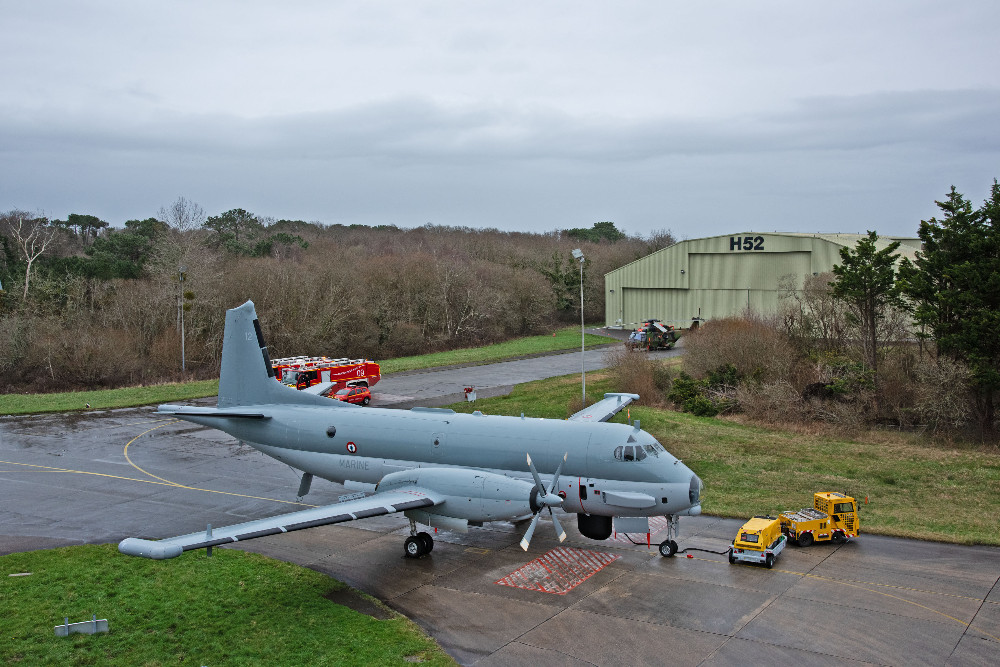Prior to 1994, South Africa’s diplomatic isolation prevented it from exerting any influence; the Pretoria regime had to content itself with limited geopolitical objectives, dominated by concerns about the security of its borders and of its white ‘populations’. The new South Africa has resolutely turned its back on this legacy. The end of apartheid and the emergence of the ANC mark the return of Pretoria to both the world and African stages. The new regime often presents itself as a mediator in conflicts in sub-Saharan Africa and presses for reform of the Organisation of African Unity (OAU), now the African Union (AU). It is also deeply involved in the wide-ranging political discussions associated with the New Partnership for Africa's Development (NEPAD) and the ‘African Renaissance’. South Africa now has a solid presence in international organisations; it has taken on the role of advocate for multilateralism, and pleads Africa’s cause in all international forums. This wide-ranging activism is viewed with suspicion by certain African nations, who are quick to see in South Africa the stirrings of domination. There are even signs of irritation amongst the major Western powers. And then there is of course the gap between ambitious plans and their implementation.







